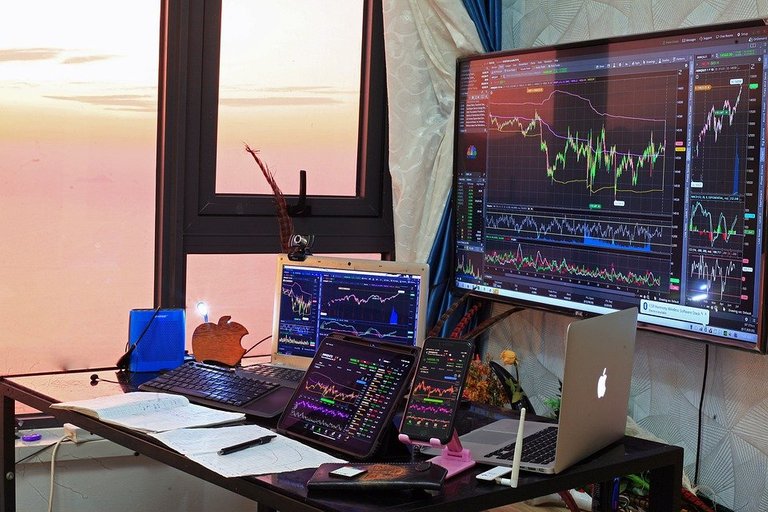
According to a recent survey from Hill-HarrisX poll it is estimated that about 75% of Americans believe the U.S. will enter a recession within the next year. Some might say that the country has already been in a recession since COVID but they only printed a great deal of money to make it appear to be the opposite.
Throughout the year we have seen that many are pessimistic about next year and the future in general because of variants, supply chain uncertainty, political issues, and more.
Many Americans expect in years to come that income gaps will widen around the country and that a great deal of seniors will be less financially prepared for retirement as well.
There is a lot of pessimism about the environment, job opportunities with automation growing in demand and use, and worries relating to a wide range of other issues. With prices rising for everyday goods and inflation hitting all time highs recently it is no wonder that many would be worried about what the future holds.
The economy and cost of living is one of the biggest concerns that many have, wondering if or when the fiat printing catastrophe might finally come to an end or what that end might look like for the average person. Already, millions are feeling it in their grocery bills and for a myriad of other services and goods they pay for. The money is continually eroded in value and of course with that comes some pessimism.
There is hope in that there are many individuals and companies out there today who are working to make things better in a variety of ways. It might be working to create new companies with more and better paying jobs in the future, working to clean up the environment, bringing us healthier food options, engaging in activism to push for political change to reduce infringement on personal liberty (or the opposite), and more. Despite those individual acts of hope and productivity to make a better future there is still a great deal of pessimism that exists in the U.S. and around the world today and the state plays a significant role in that failure of efficiency and anticipation that something worse might come about.
Sources:
https://thehill.com/hilltv/what-americas-thinking/583023-33-percent-of-american-believe-the-us-will-hit-a-economic
https://www.bloomberg.com/news/articles/2021-10-21/the-next-recession-could-come-courtesy-of-the-federal-reserve
https://www.washingtontimes.com/news/2021/jul/25/majority-americans-view-future-negatively-pessimis/
https://www.pewresearch.org/fact-tank/2019/03/21/looking-ahead-to-2050-americans-are-pessimistic-about-many-aspects-of-life-in-u-s/
https://www.nbcnews.com/politics/meet-the-press/americans-are-more-pessimistic-divided-two-decades-after-9-11-n1278869
I would tend to agree with the 75%. One of the things that constantly gets "missed" when these sorts of stats are presented isn't spending but HOW people are spending.
Fewer and fewer "things" are being bought, while more and more "digital goods" and "experiences" are being bought. Problem is, the later don't have to be made, shipped, stocked, and sold... so large chunks of the supply chain loses relevance...
Hiw long has it been since the yield curve inverted? We're there already, and only starting to see the effects of inflating the money supply. Supply chains straining against demand just make it even worse.